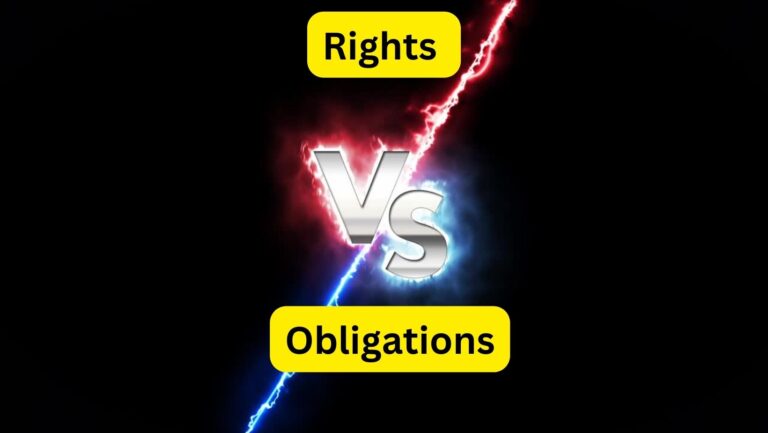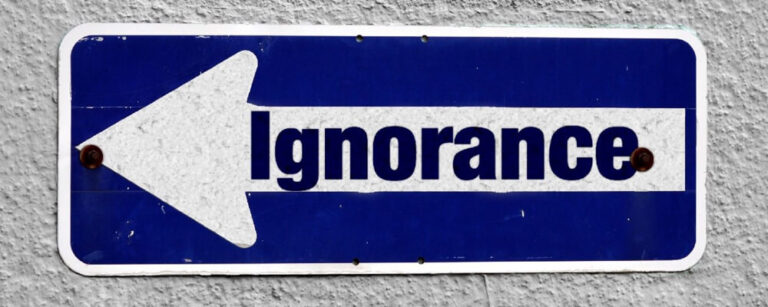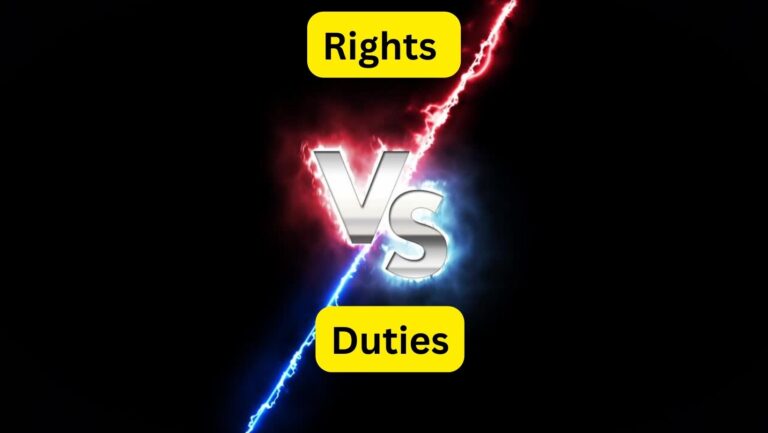
Do you wanna know what is one difference between street crime and white-collar crime? A crime is any illegal activity that is subject to prosecution by the federal or state government. It is also punishable according to the law. Most crimes are morally or ethically unacceptable on a social level. But not all crimes are created equal. Crimes can be classified as either greater abuses of the public order (felony), or lesser abuses (misdemeanor). The law also defines the criteria for determining guilt or innocence.
There are many types of crime. While the term crime may bring to mind violence, drugs or guns for most people, not all crimes are considered street crimes. White-collar crime is another. You might be wondering what the differences are between white-collar and street crime. A Knoxville criminal defense lawyer can help you no matter what type of crime. Let’s check below what is one difference between street crime and white-collar crime?
What is the one Difference between Street Crime and White-collar Crime?
Street crimes are also known as blue-collar crime. They can generally be seen by others. There are many types of street crime:
- Crimes against persons include those that cause bodily injury, the threat thereof, or any other act that is against the victim’s will. These include assault, battery and sexual assault, as well as domestic violence and robbery.
- When a crime against property affects a property, but doesn’t inflict or threaten physical injury to the victim, it is called a crime against property. Property crimes include arson, shoplifting, motor vehicle theft, vandalism and motor vehicle theft.
White-collar crime, on the other hand is usually non-violent and financially motivated. These crimes usually involve deceit, concealment or violation of trust. Edwin Sutherland, a sociologe, first used the term white-collar criminality in 1939. It encompasses a variety of frauds and scams that can be committed by individuals or businesses. White-collar crime includes:
- Bank fraud
- Bribery
- Check fraud
- Copyright infringement
- Corporate fraud
- Cybercrime
- Violations of the election law
- Embezzlement
- Financial institution fraud
- Forgery
- Fraud in general
- Fraud against the government
- Health care fraud
- Identity theft
- Insider trading
- Mass marketing fraud
- Money laundering
- Mortgage fraud,
- Telemarketing and phone fraud
- Ponzi schemes
- Public corruption






